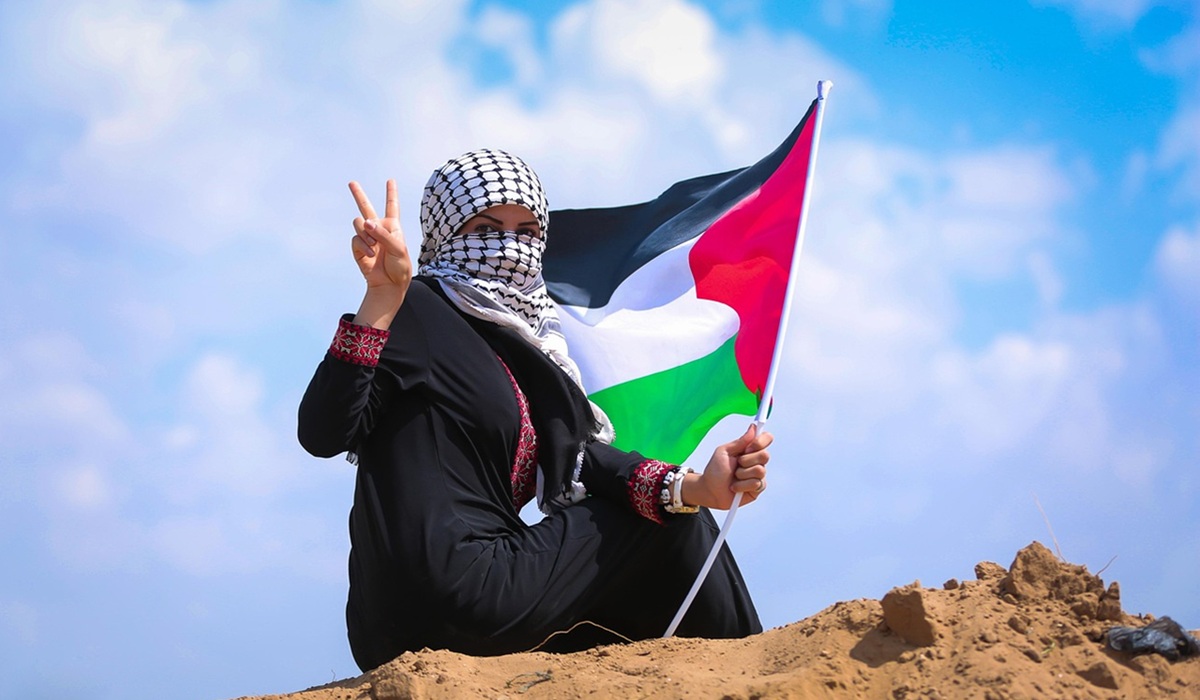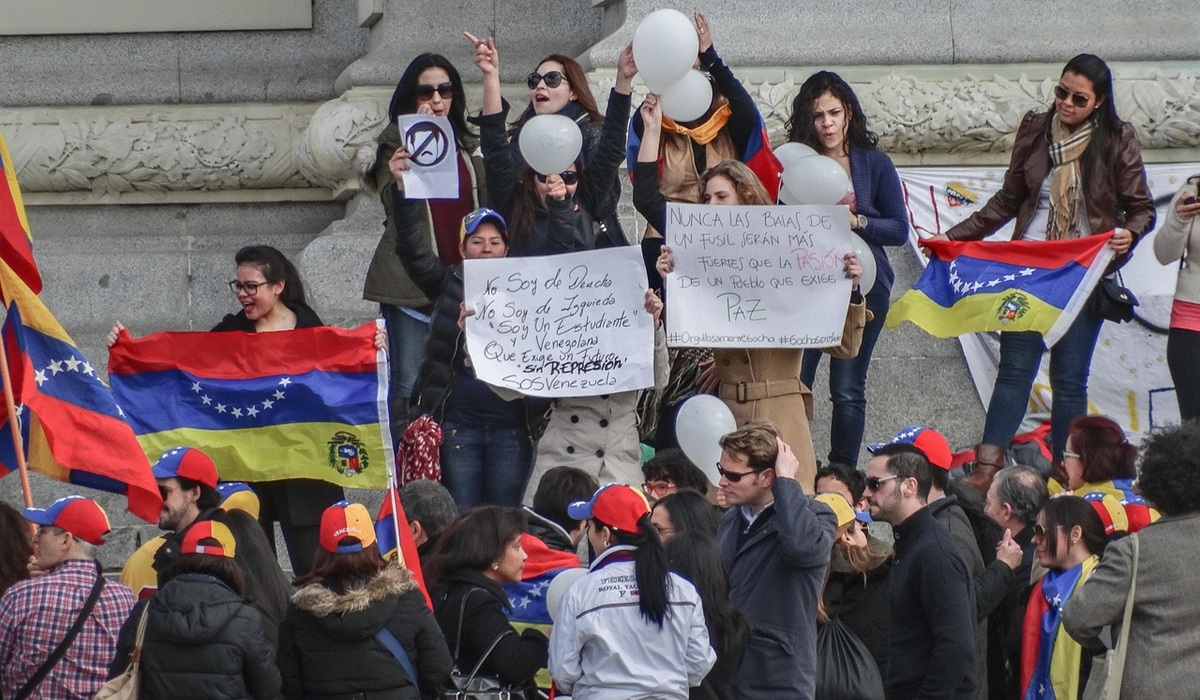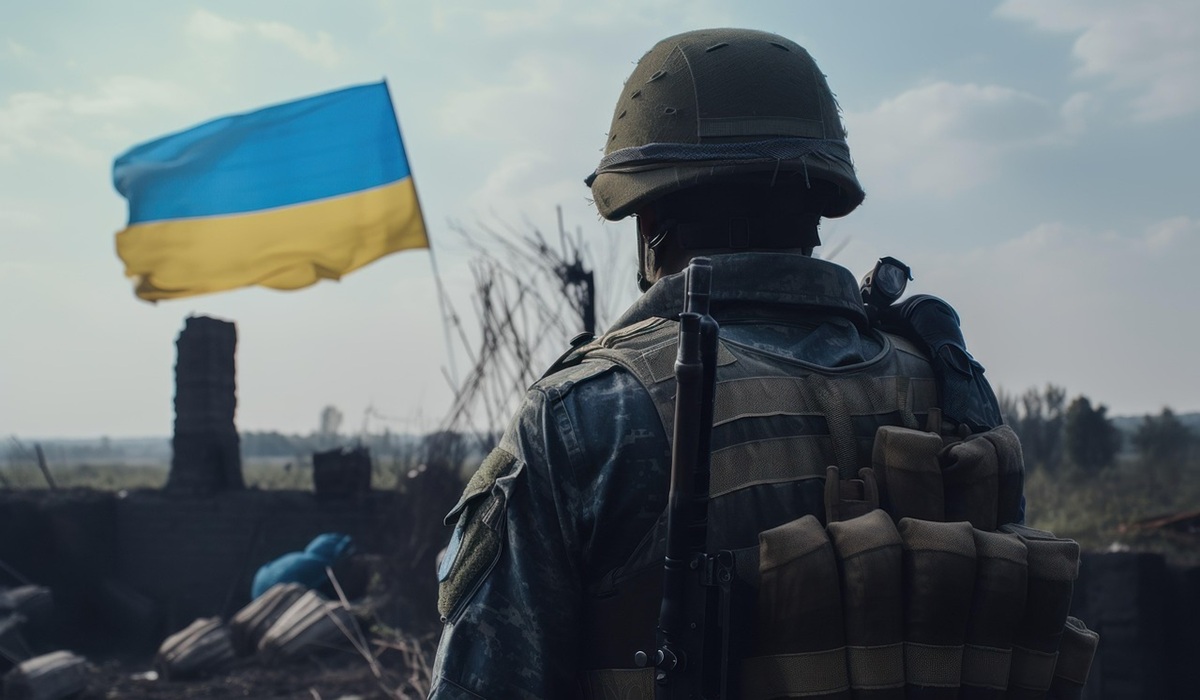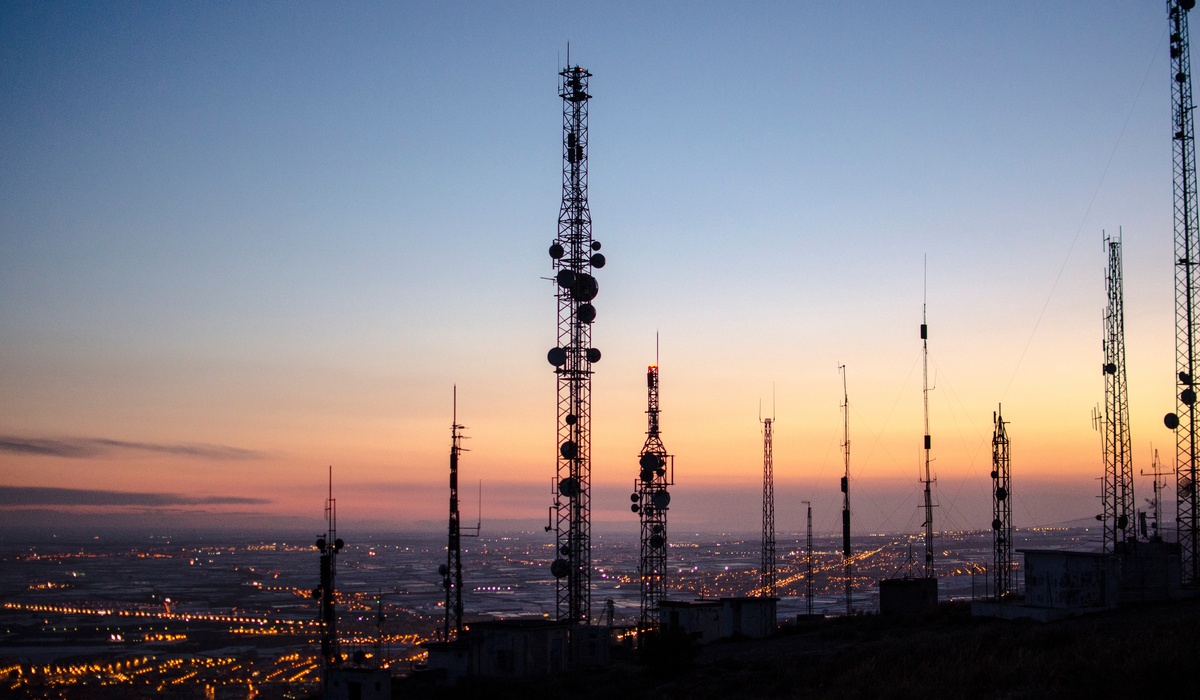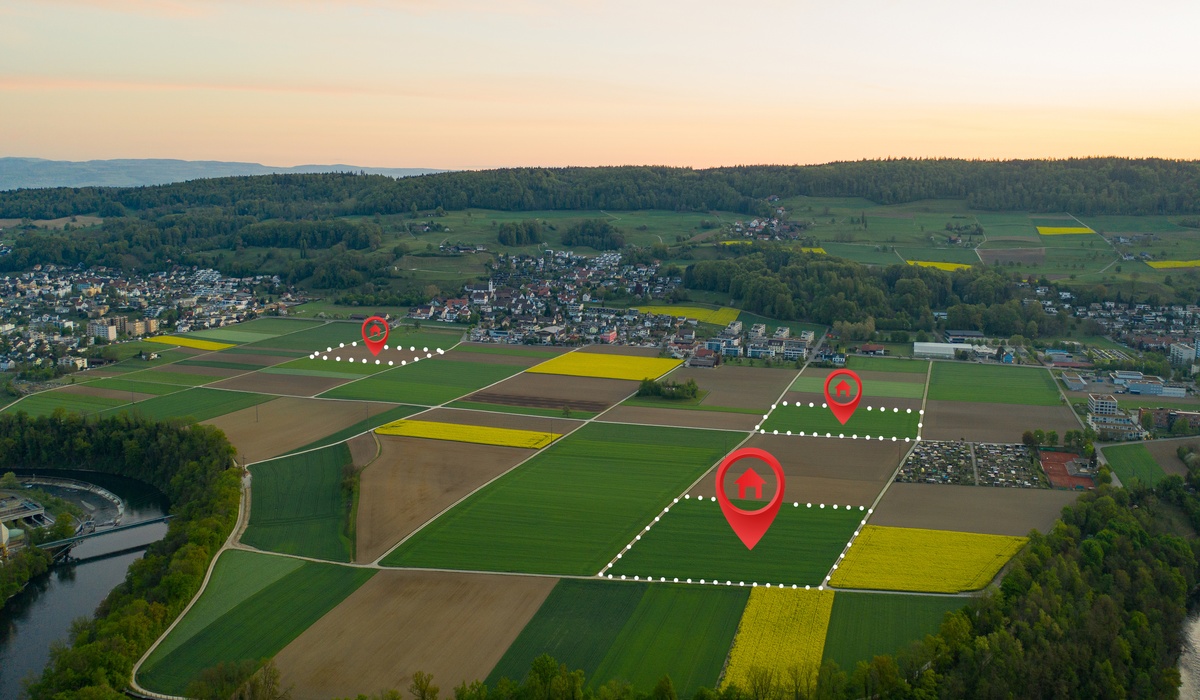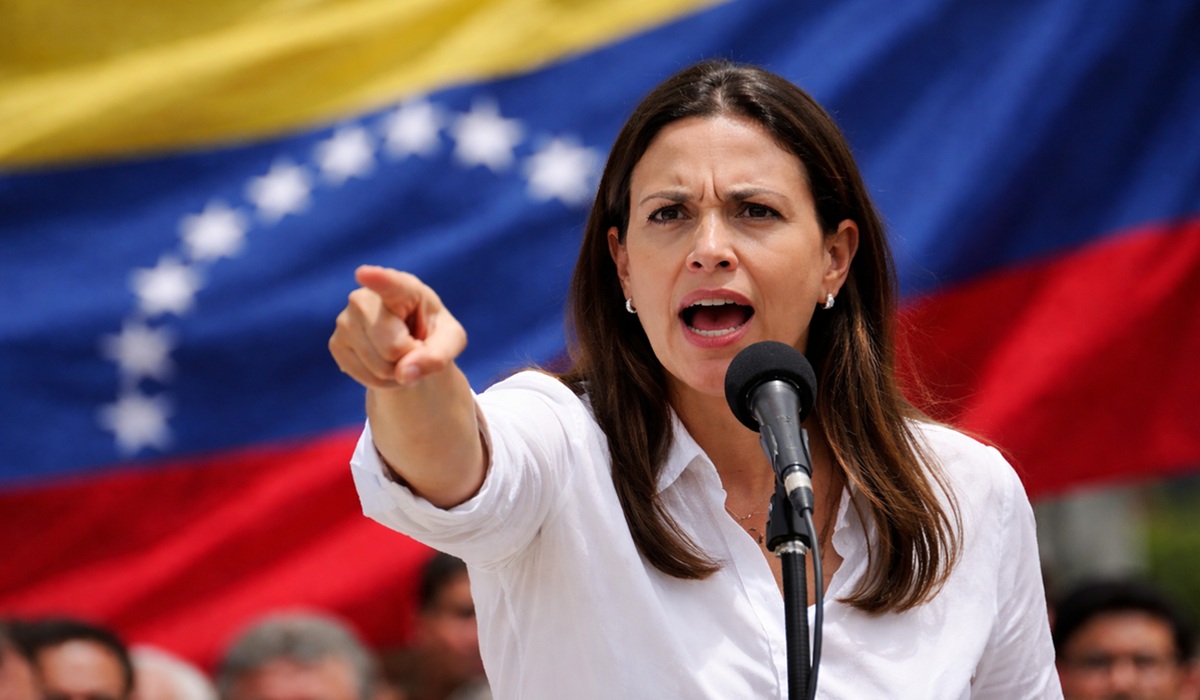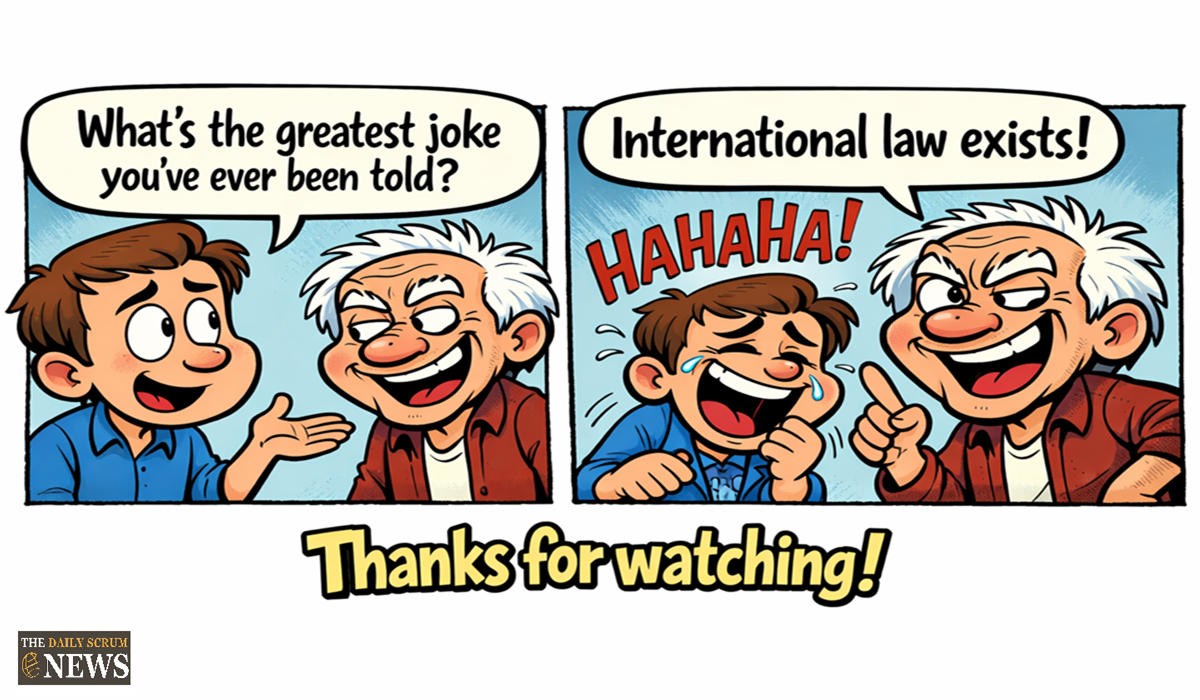By: Donovan Martin Sr, Editor in Chief
Image Credit: Hosnysalah
“Never underestimate a man’s desire to be free.”
— Dr. Martin Luther King Jr.
Dr. King understood something that history tries to forget and power tries to rewrite: that freedom is not a privilege granted by authority, but an instinct written into the human spirit. Long before laws existed, long before borders were drawn, long before flags were planted and renamed, freedom was a natural condition. Everything imposed upon it — hierarchy, conquest, apartheid, segregation, occupation — is artificial, constructed, and ultimately unstable because it contradicts the nature of life itself.
In the modern world, the Palestinian people have become one of the clearest mirrors of this truth.
This is not a theological issue. It is not a matter of religious supremacy or divine claim. It is not an indictment of Jewish people as a culture or faith. In fact, history itself makes clear that Jewish people understand displacement, persecution, forced exile, and statelessness more than almost any other group in recorded time. This reflection is not against a people — it is against a condition: occupation.
Occupation, as a political reality, is defined by international law. It describes the control of a territory by a foreign military power without sovereign consent. It is considered temporary by nature, and it carries obligations upon the occupying power to maintain the welfare of the population while working toward resolution. But what happens when “temporary” stretches into decades? What happens when children, grandchildren, and great-grandchildren are born and raised under a “provisional” condition that never ends?
Then occupation stops being an event. It becomes an environment.
It becomes culture.
It becomes memory.
It becomes identity.
And that is when it becomes one of the most psychologically damaging and politically volatile realities on Earth.
To be occupied is not only to lack political freedom. It is to lack existential permission.
It means your land is not your land, even if your family lived on it for centuries. It means your water is not your water, even if the spring runs beneath your home. It means your electricity, your roads, your shoreline, your airspace — even your ability to leave or return — are all granted or denied at the discretion of another people’s government, another people’s military, another people’s courts.
It means that what should be a right — the right to movement, livelihood, self-determination — becomes a request.
And a people forced to ask for their own life are not living freely. They are surviving under permission.
The architecture of occupation is not always dramatic. Sometimes it is quiet. It is zoning maps. It is permit systems. It is control of borders and imports. It is the regulation of fuel, cement, steel, and medical supplies. It is the restriction of fishing zones and farming lands. It is the destruction of homes labeled “illegal” on land where families have lived for generations. It is surveillance. It is checkpoints. It is separation barriers. It is military governance over civilian life.
None of this requires hatred to exist. It exists through administration. Through logistics. Through bureaucracy.
And that is what makes it so dangerous. Because when injustice becomes administrative, it begins to feel normal.
Yet no people on Earth accept this normality internally. They may adapt to it. They may learn how to move within it, circumvent it, or psychologically compartmentalize it. But the soul does not integrate occupation. It resists it in ways that are seen, and in ways that are unseen.
That resistance is not always a stone thrown or a protest marched. Sometimes it is simply enduring. Continuing to speak a language, cook traditional food, teach children the names of villages that now exist only in memory. It is naming a child after a grandparent who refused to leave their land. It is keeping a key from a home that no longer stands. It is passing down story as an act of rebellion.
Oppression does not only occur through violence. It also occurs through erasure. And memory is one of the most powerful forms of defiance.
Critics will say: “It is complicated.”
And it is.
But complexity doesn’t cancel reality.
If we remove historical layers, diplomatic vocabulary, and political narratives, and reduce the question to its bare human core, it becomes very simple:
Can one people control the basic conditions of life for another people indefinitely and still call the world just?
If the answer is no — and it must be — then the conversation changes.
Now juxtapose this scenario elsewhere on Earth. Imagine a prosperous Western nation suddenly losing control of its borders, its airspace, its water systems, and its economy. Imagine its citizens needing permission to travel between cities. Imagine foreign soldiers monitoring daily movement. Imagine entire generations growing up never having left a narrow zone of land.
There is no population, no flag, no anthem that would accept this quietly. There is no government that would describe it as tolerable. Any nation in this position would call it what it is.
Oppression.
Yet language is political. So it is softened. Reframed. Reworded. It becomes “conflict,” “security,” “dispute,” “tensions.” But euphemisms do not change lived experience.
A ceasefire, in this context, is not peace. It is simply the pausing of the most visible violence. The structures remain. The walls remain. The conditions remain. And as long as the conditions remain, resentment is not only understandable — it is inevitable.
True peace requires risk. And the greatest risk is equality.
A two-state solution is not revolutionary. It is not radical. It is not even imaginative. It is the most conservative and logical resolution available. Two recognized peoples. Two governments. Two territories. Two national identities, coexisting under international law. Mutual recognition. Mutual boundaries. Mutual security. No domination, no subservience.
But peace cannot be achieved if one side is expected to negotiate while still in chains.
There is no historical precedent where an occupied people negotiated genuine freedom while the occupier maintained full control of their movement, economy, water, and airspace.
You cannot meaningfully bargain without leverage.
And you cannot speak as equals while one is restrained.
This is why the current situation is not a “peace process.” It is conflict management.
And conflict management is not justice.
Dr. King warned that peace without justice is simply the absence of visible tension — not the presence of truth. He warned that it is easier for societies to accept a false calm than to confront a real imbalance. He also warned that those who remain neutral in situations of injustice side with the oppressor by default.
His quote, when applied here, is not an incitement. It is a reminder. A reminder that no walls ever built in history have outlasted the human will for self-determination. No empire has maintained control forever. No occupation has remained permanent. They either evolve into partnership — or they collapse.
The Palestinian desire to be free is not radical. It is shared by every nation that now claims independence. It echoes the American Revolution, the fall of colonial empires, the end of apartheid, the dismantling of segregation. It is the same impulse that shaped modern history.
To acknowledge this is not to justify violence, terror, or harm against innocent people. Those acts, from any side, must always be rejected. Civilians are not bargaining chips. Children are not collateral. Ordinary people on both sides carry the highest cost of political failure.
But rejecting violence must not also require rejecting truth.
And the truth is this: a people living without sovereignty, without control of essential resources, without free movement, without recognized borders, and without self-governance is not free. And a people who are not free will never stop wanting to be.
They may be silenced.
They may be displaced.
They may be divided.
But they do not forget.
Never underestimate a people’s desire to be free.
Not because it leads to conflict — but because it leads, eventually, to justice.

